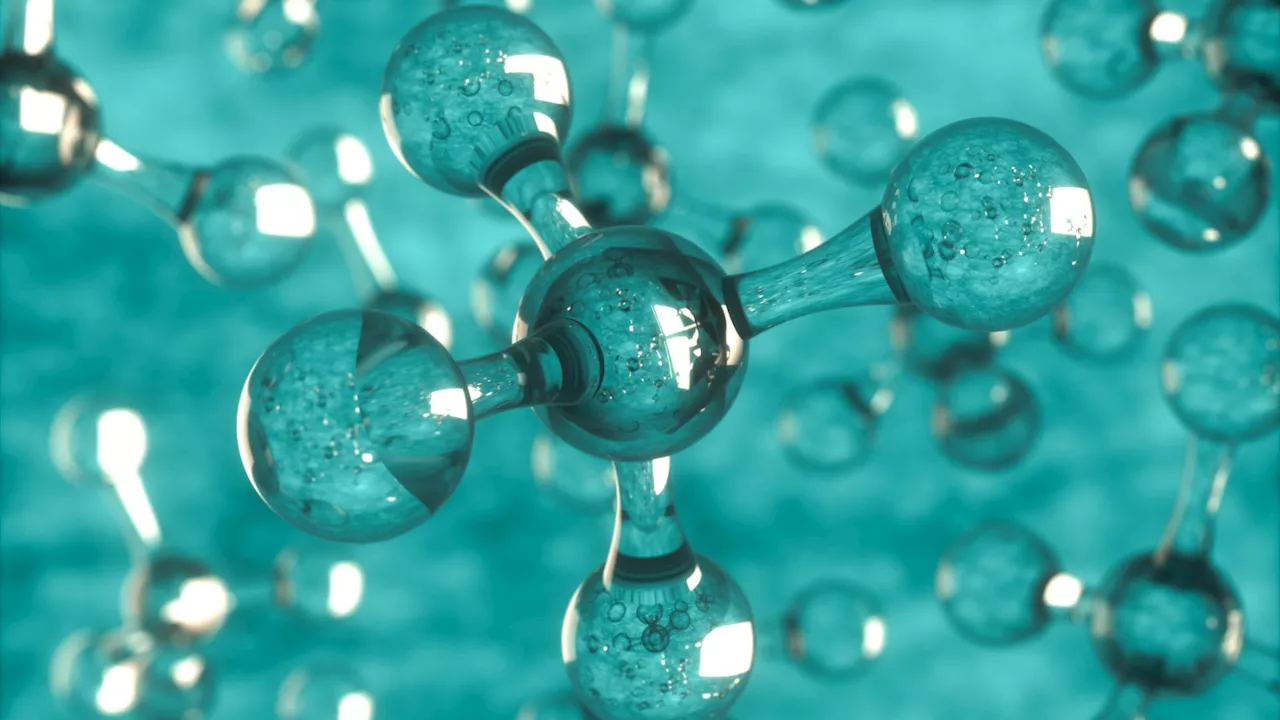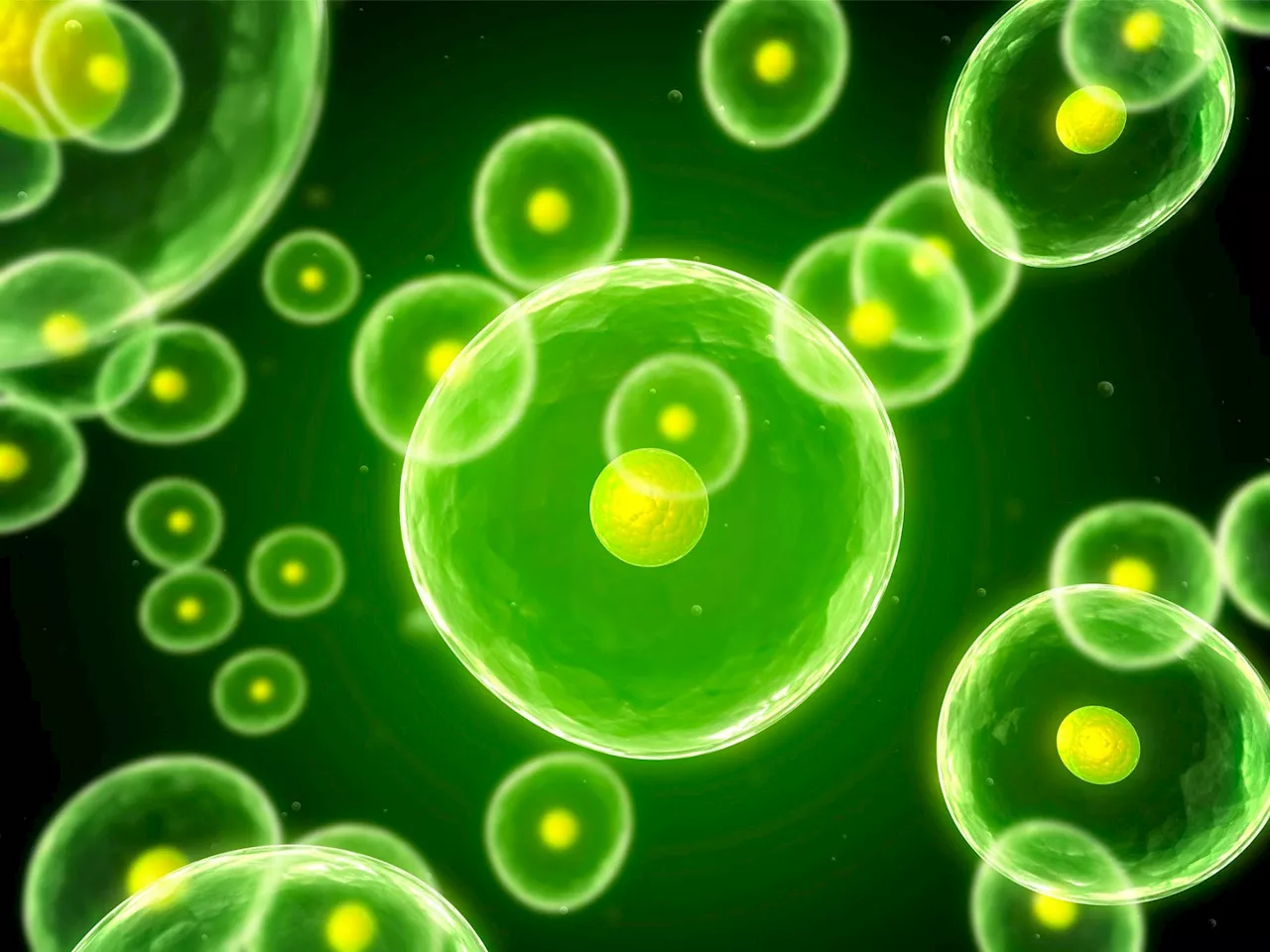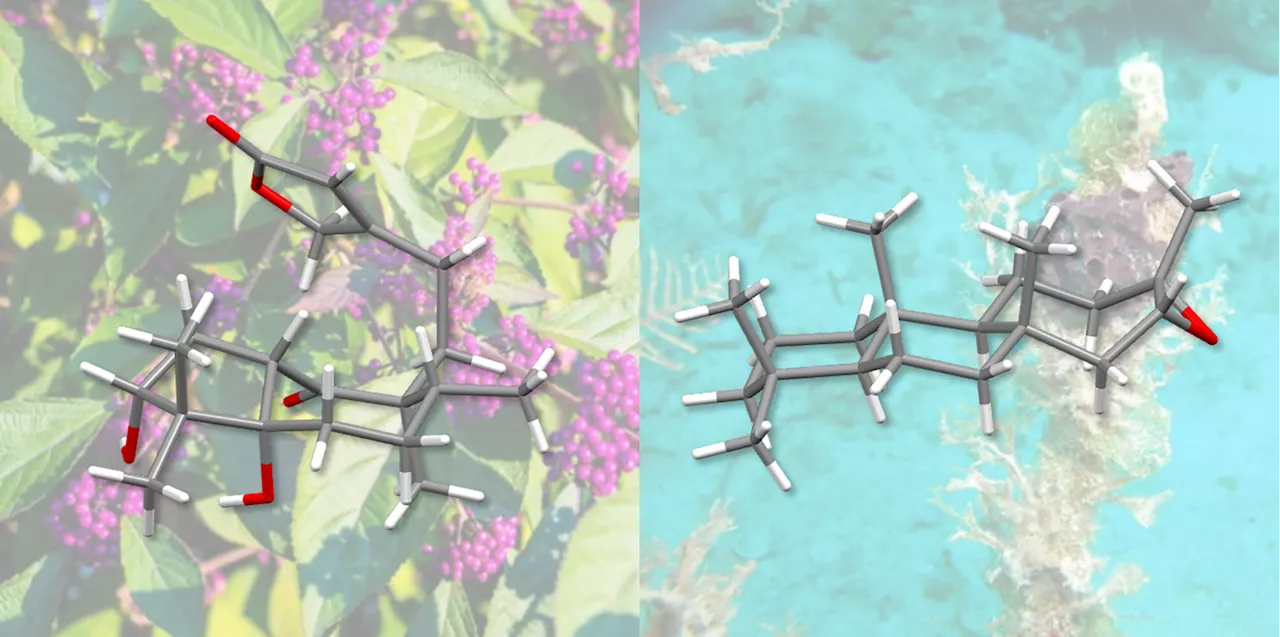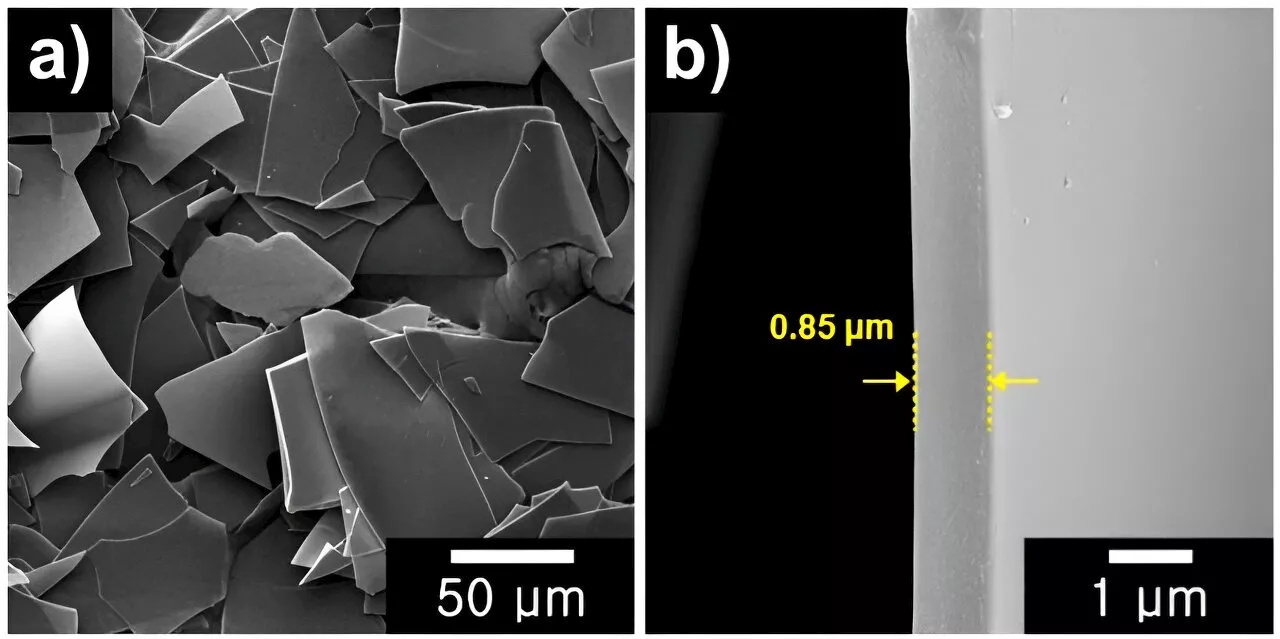Science, Space and Technology News 2024
Synthetic cells created with programmable peptide-DNA technology that directs peptides, the building blocks of proteins, and repurposed genetic material to work together to form a cytoskeleton, shown in fuscia. Credit: UNC-Chapel Hilland proteins — essential building blocks of life — to create cells that look and act like cells from the body. This accomplishment, a first in the field, has implications for efforts in regenerative medicine, drug delivery systems, and diagnostic tools.
Cells and tissues are made of proteins that come together to perform tasks and make structures. Proteins are essential for forming the framework of a cell, called the cytoskeleton. Without it, cells wouldn’t be able to function. The cytoskeleton allows cells to be flexible, both in shape and in response to their environment.
The ability to program DNA in this way means scientists can create cells to serve specific functions and even fine-tune a cell’s response to external stressors. While living cells are more complex than the synthetic ones created by the Freeman Lab, they are also more unpredictable and more susceptible to hostile environments, like severe temperatures.
United Kingdom Latest News, United Kingdom Headlines
Similar News:You can also read news stories similar to this one that we have collected from other news sources.
 Lab to life: Chemists craft new compound conquering 120-year-old questScientists unlock the secret to creating reactive chemical compounds crucial for pharmaceuticals and materials after a century-long challenge.
Lab to life: Chemists craft new compound conquering 120-year-old questScientists unlock the secret to creating reactive chemical compounds crucial for pharmaceuticals and materials after a century-long challenge.
Read more »
 Paradoxical Mechanisms Uncovered – Chemists Have Filled a Major Gap in the Origin of LifeScience, Space and Technology News 2024
Paradoxical Mechanisms Uncovered – Chemists Have Filled a Major Gap in the Origin of LifeScience, Space and Technology News 2024
Read more »
 Chemists use new approach in the synthesis of complex natural substancesThey are found as fragrances in cosmetics or as flavorings in food, and form the basis of new medications: Terpenes are natural substances that occur in plants, insects and sea sponges. They are difficult to produce synthetically. However, chemists at the University of Basel are now introducing a new method of synthesis.
Chemists use new approach in the synthesis of complex natural substancesThey are found as fragrances in cosmetics or as flavorings in food, and form the basis of new medications: Terpenes are natural substances that occur in plants, insects and sea sponges. They are difficult to produce synthetically. However, chemists at the University of Basel are now introducing a new method of synthesis.
Read more »
 Chemists develop highly reflective black paint to make objects more visible to autonomous carsDriving at night might be a scary challenge for a new driver, but with hours of practice it soon becomes second nature. For self-driving cars, however, practice may not be enough because the lidar sensors that often act as these vehicles' 'eyes' have difficulty detecting dark-colored objects.
Chemists develop highly reflective black paint to make objects more visible to autonomous carsDriving at night might be a scary challenge for a new driver, but with hours of practice it soon becomes second nature. For self-driving cars, however, practice may not be enough because the lidar sensors that often act as these vehicles' 'eyes' have difficulty detecting dark-colored objects.
Read more »
 Scientists found life in a volcano’s ‘lava tubes’—life on other planets could be nextA Canary Islands volcano pushed rivers of molten lava through the earth. Now scientists and explorers trek through the cooling underground, looking for insights into life on this planet—and perhaps on others.
Scientists found life in a volcano’s ‘lava tubes’—life on other planets could be nextA Canary Islands volcano pushed rivers of molten lava through the earth. Now scientists and explorers trek through the cooling underground, looking for insights into life on this planet—and perhaps on others.
Read more »
 Missing link in species conservation: Pharmacists, chemists could turn tide on plant, animal extinctionAs the world faces the loss of a staggering number of species of animals and plants to endangerment and extinction, one scientist has an urgent message: Chemists and pharmacists should be key players in species conservation efforts.
Missing link in species conservation: Pharmacists, chemists could turn tide on plant, animal extinctionAs the world faces the loss of a staggering number of species of animals and plants to endangerment and extinction, one scientist has an urgent message: Chemists and pharmacists should be key players in species conservation efforts.
Read more »
